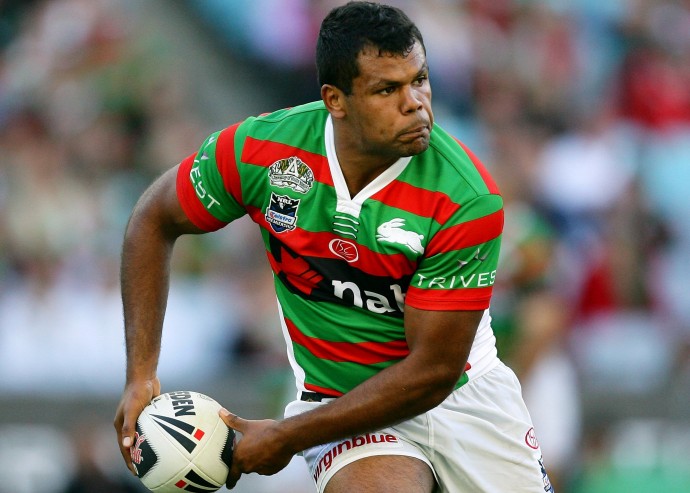
Of course, Dean’s been there and done that, having played at the elite level of NRL since being drafted into the Roosters at the tender age of 17 in 1996, the year he also captained the Aboriginal side. He knows first-hand what it’s like to move from the bush to the city, to have that pressure on you as an Aboriginal person playing world-class footy, and to keep your feet on the ground at a time when stardom can sway a young head.
The NRL has put Dean in a position where he can draw on his experiences and give back to young up-and-coming players, and help them make that transition from the everyday world to NRL role model where the pressures of not only stardom, but also being an Indigenous player can sometimes weigh.
“I do everything from educational camps, through to leadership, aspiration building, employment, self-esteem and one-on-ones. A big thing is relocating from the bush to the big city and coping with the demands of being an Indigenous role model,” Dean says.
“The guys playing now are doing tremendous things, great things. You look at someone like Greg Inglis and not only is he doing great things for the game, he’s also doing fantastic things for the community.”
Racism in sport is not uncommon for players and it’s an issue that Dean has strong views on. He played back in the late ’90s through to 2011, before racism in sport was largely outed. It’s these experiences that help him counsel the players on how to react to something which “cuts deep”.
“I tell them it’s not acceptable and it’s not right. It’s not part of the game or everyday life. It’s a terrible thing for First Nations’ people because it’s rubbing salt into wounds because of the trauma of our history. I tell them to make a stand,” he says.
“But it’s the way you go about it. Don’t fight violence with violence. People who think it’s just name-calling have to understand that this is our culture, our bloodline and there’s a deep history [to the hurt] in this country. It hurts.
“So I tell them to stand up, be proud, educate people and that the old excuses aren’t good enough.”
The NRL is a leader when it comes to supporting Indigenous communities across the nation– and developing young kids through to becoming professional players, according to Widders. It’s come a long way since he started out in the sport, and it’s an environment he feels very at home in when it comes to supporting Indigenous players.
“The game is more supportive now and we are reaching into social media. If people step out of line, they lose their membership. Our players are learning quickly, too. I feel more comfortable walking around in an NRL club than walking down the streets,” he said.
So how did Widders deal with racism on and off the field when he was playing.
Well, he stood up and simply said he wasn’t going to tolerate it. “People learn then,” he says.
These days Dean is organising camps with the NRL to help players strengthen their self-esteem and develop leadership skills. He wants the players to “feel comfortable in their own skin”, and represent what they are, their culture and identity.
He’s also an ambassador for Rugby League One Community, which is a program the NRL runs for young people that aims to use Rugby League to make a positive difference in people’s lives.
Since its inception, One Community has grown into the largest and most comprehensive community-relations program in Australian sport. It uses high-profile current and ex-NRL players to spread health and education messages to schools, assist charitable causes in raising thousands of dollars annually and supports and recognises special individuals in the game.
Dean’s also an ambassador for R U OK? – the suicide-prevention organisation that focuses on talking about problems and asking for help.
“I’ve worked in remote communities and I know that you need to ask for help, look out for each other and have those conversations about feeling ‘down’,” he says.
“Our people don’t talk about their feelings but it takes a strong man to talk about their problems. Social media and cyberbullying is a big problem with our kids also.”
Dean plans on doing what he does best now – getting out and helping young Aboriginal and Torres Strait Islander people to stand strong and proud. He’d also like to see more Indigenous people in the administration of NRL – in the executive and other roles.
“We need more black faces there… I love helping our people, and whether that’s one or two kids or hundreds, I want to see better outcomes for our people.”
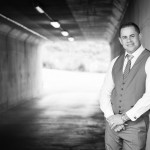
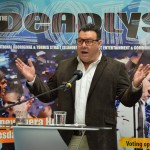
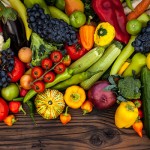
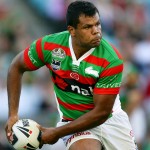
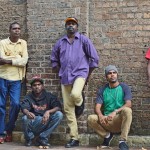
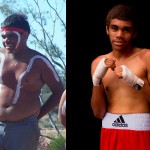
Comments are closed.